
A systematic, best-practice approach to colorectal surgery can decrease the risk of surgical site infections, according to a new study.

Your AI-Trained Oncology Knowledge Connection!


A systematic, best-practice approach to colorectal surgery can decrease the risk of surgical site infections, according to a new study.
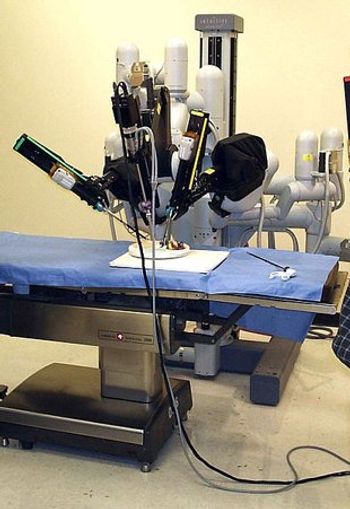
The adoption of robot-assisted radical prostatectomy is on the rise in the United States, according to the results of a retrospective study.

Researchers have developed a preliminary test using blood and saliva samples to detect disease recurrence in patients with HPV-related head and neck cancer.

Overweight and obese women with estrogen receptor (ER)-positive breast cancer may benefit from daily non-steroidal anti-inflammatory drugs (NSAIDs), such as aspirin.

A new study finds that a moderate amount of regular exercise, such as walking daily, results in a lower risk of invasive breast cancer among postmenopausal women.

A large European study found that PSA screening reduces prostate cancer deaths, but that these benefits do not outweigh the harms of overtreatment.

A mutation in the PALB2 gene sharply increases the risk of breast cancer and confers a lifetime risk similar to that of BRCA2 mutation carriers, according to a new study.
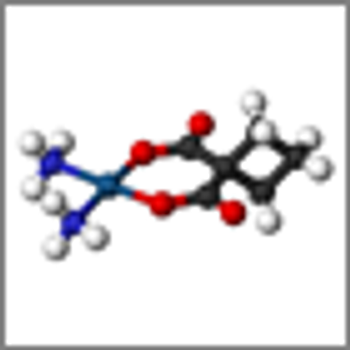
Adding either carboplatin or bevacizumab to a neoadjuvant regimen increased rates of pathologic complete response in triple-negative breast cancer patients.

A comprehensive analysis of studies and trials suggests the cancer prevention benefits of a daily aspirin for at least 5 years outweigh the potential harms.

Women who have recently used high-estrogen birth control pills may be at a higher risk for developing breast cancer, according to a new study.
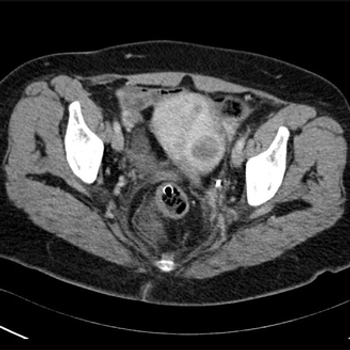
Researchers found that uterine cancers were present in 27 per 10,000 women undergoing morcellation, which fragments the uterus and can spread cancer cells.
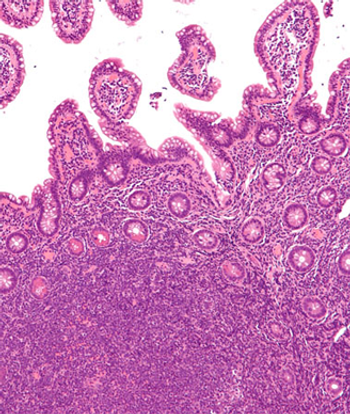
A combination of the CDK4 inhibitor palbociclib with ibrutinib in mantle cell lymphoma could potentially overcome the drug resistance that many patients face.
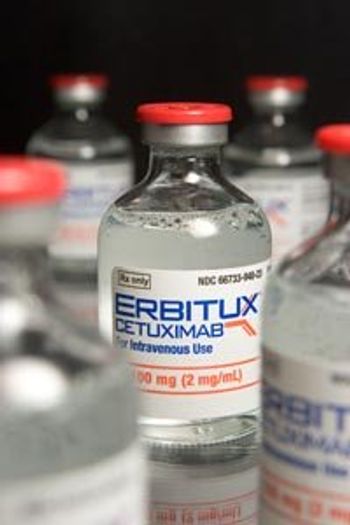
Combining the EGFR inhibitors afatinib and cetuximab resulted in clinical responses among advanced lung cancer patients who had previously stopped responding to monotherapy treatment with other EGFR inhibitors.

The FDA approved idelalisib (Zydelig) yesterday for the treatment of relapsed chronic lymphocytic leukemia (CLL), follicular B-cell non-Hodgkin lymphoma (FL), and small lymphocytic lymphoma (SLL).

How low-risk prostate cancer is managed depends more on the diagnosing physician than the patient’s disease state. Men who were diagnosed by a urologist were more likely to receive a treatment performed by the urologist and more likely to receive a therapy rather than monitoring.
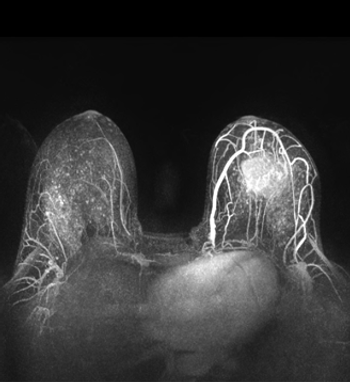
An annual screening for breast cancer using a combination of MRI and mammography could be an effective program for high-risk women, particularly those who are known BRCA mutation carriers.
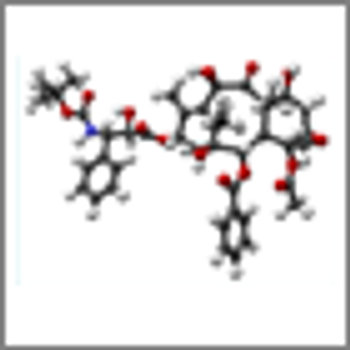
A phase II study demonstrated that cetuximab plus docetaxel-based chemoradiotherapy postoperatively in patients with high-risk squamous cell carcinoma of the head and neck led to improved disease-free and overall survival.

Age is a prognostic factor for both overall survival and progression-free survival among patients diagnosed with metastatic colorectal cancer, according to the results of a study.
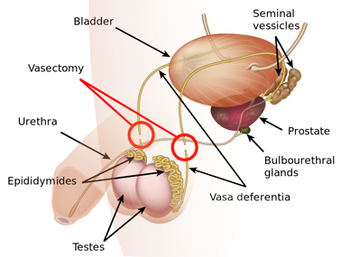
Men who underwent a vasectomy had a modest increase in the incidence of prostate cancer-and particularly lethal prostate cancer.

A new study provides evidence that a daily aspirin may reduce the risk of developing pancreatic cancer.
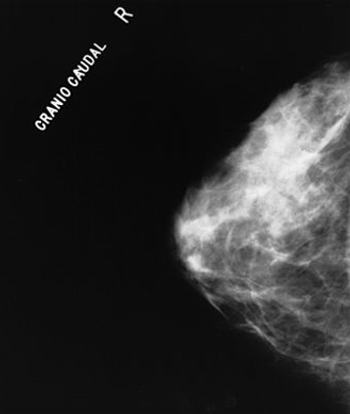
The combination of four imaging techniques together results in the ability to better differentiate between benign and malignant breast tumors, which may lead to fewer unnecessary breast biopsies.

The CALGB 369901 trial examined how frailty and older age influence the use of adjuvant hormonal therapy for breast cancer and found that while frailty can deter the start of therapy, frail patients who had started on a regimen were not much more likely to discontinue their treatment early.

Women who consume increased amounts of red meat have a higher risk of breast cancer compared with those who have a protein intake consisting largely of non–red meat such as poultry, fish, and legumes.

Obese women who have breast cancer generally have a worse prognosis compared with their non-obese counterparts. A new randomized study suggests that telephone-based intervention is a safe way to help overweight postmenopausal breast cancer patients with weight loss.
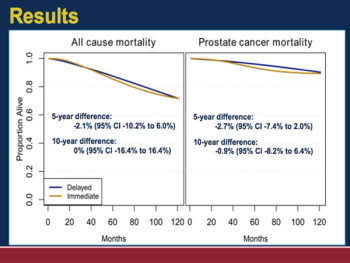
This slide show highlights some of the top studies and news on cancer to come out of the 2014 American Society of Clinical Oncology (ASCO) Annual Meeting, held in Chicago.
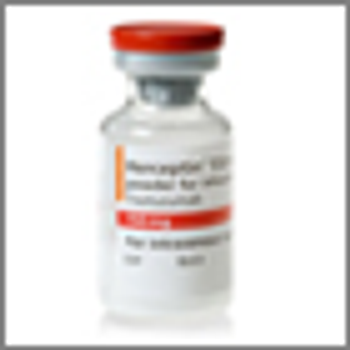
An 8-year follow-up of HER2-positive breast cancer patients receiving adjuvant trastuzumab shows an overall low incidence of cardiac events when administered after chemotherapy and radiotherapy.

Researchers from Harvard Medical School and Indiana University found that women who had a greater number of nevi may be more likely to develop breast cancer, independent of other breast cancer risk factors.
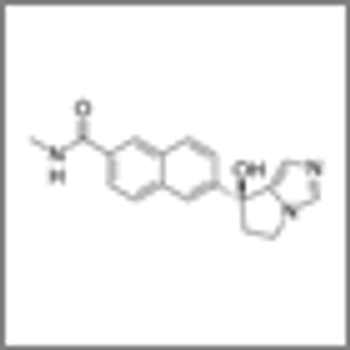
The investigational therapy orteronel delayed disease progression in patients with metastatic castration-resistant prostate cancer, but did not significantly improve overall survival.

After surgery, adjuvant therapy with trastuzumab alone works just as well as trastuzumab combined with lapatinib for women with early-stage HER2-positive breast cancer.
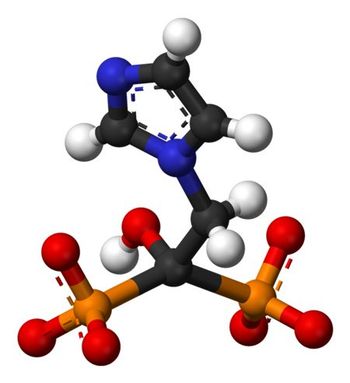
Zoledronic acid given every 12 weeks was just as efficacious as the drug administered at the standard dosing schedule of every 4 weeks for breast cancer patients with bone metastases.